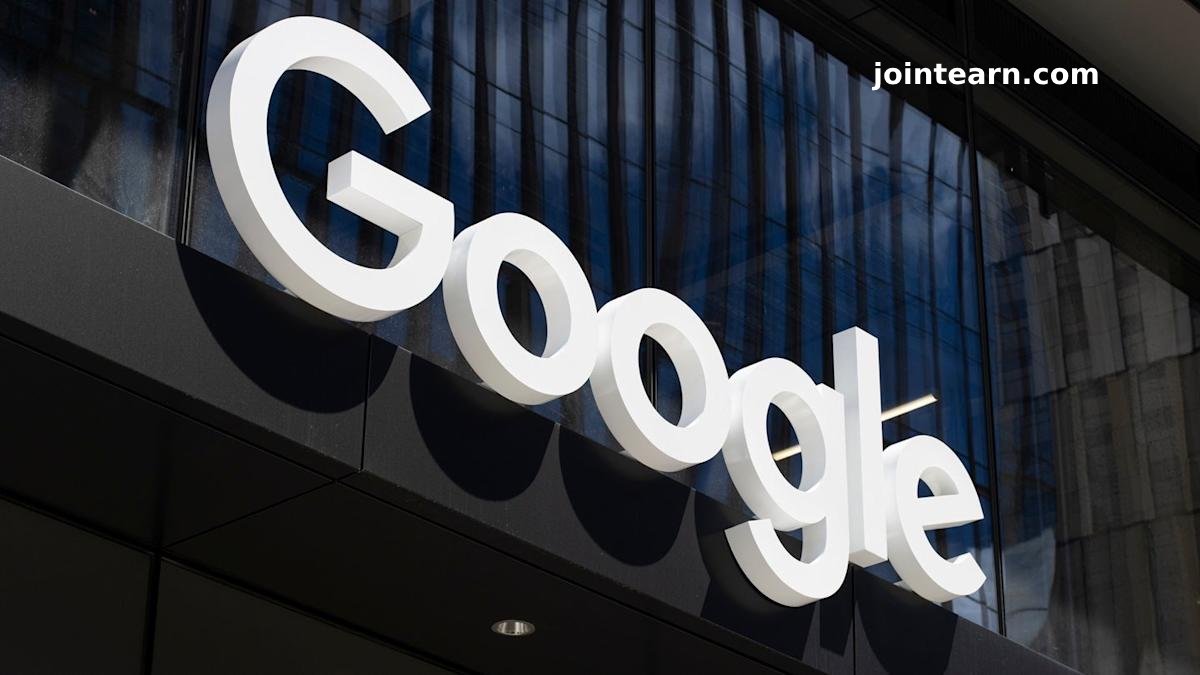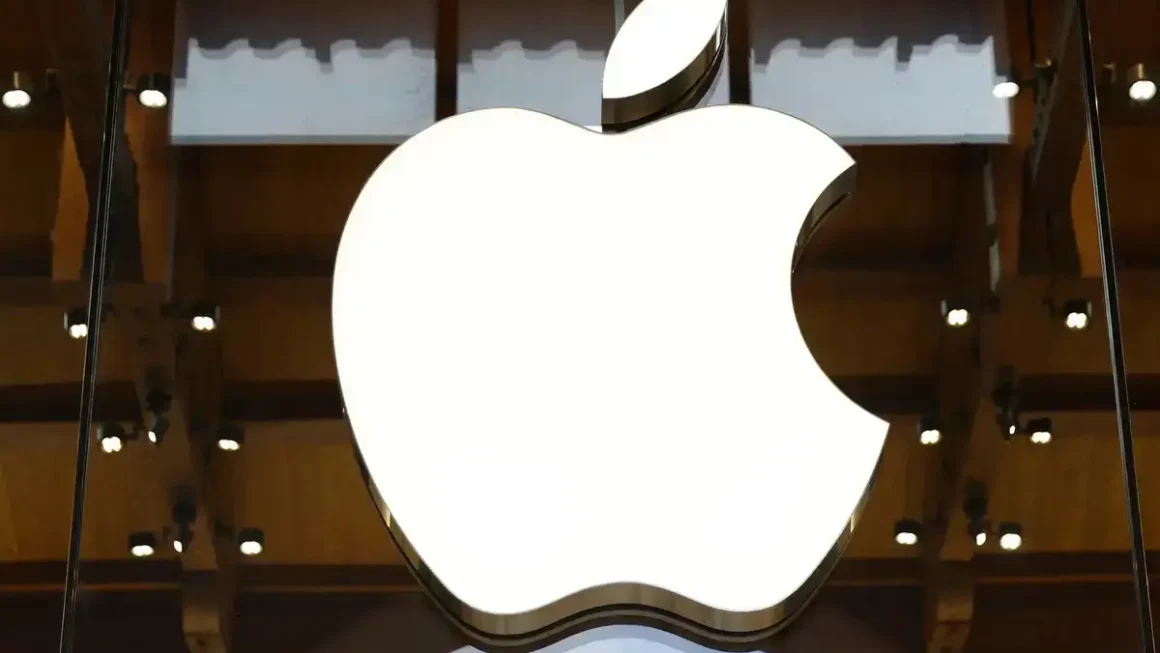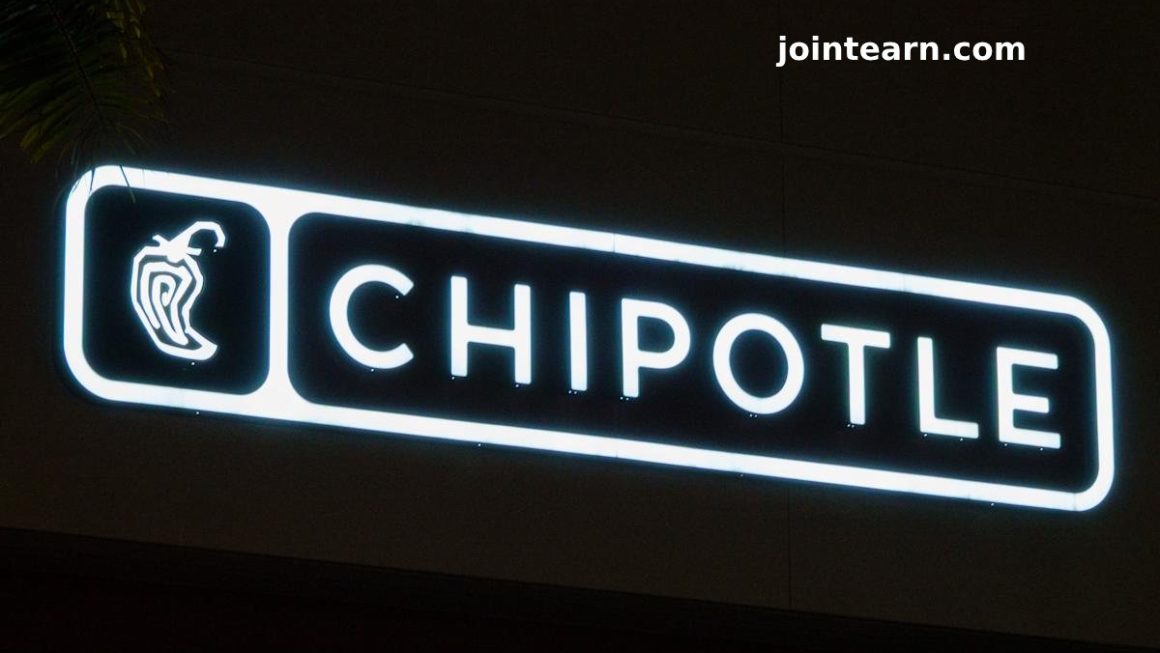OpenAI, the creator of ChatGPT, and Yahoo have expressed interest in acquiring Google’s Chrome web browser, should a federal judge order its sale as part of antitrust proceedings. This potential acquisition surfaced this week during a trial to determine whether Google’s online search monopoly should be dismantled following a ruling by Judge Amit Mehta, who deemed Google’s search dominance illegal.
The Justice Department Pushes for Google Chrome’s Sale
The U.S. Justice Department is seeking a range of remedies for Google’s alleged antitrust violations, with one major demand being the sale of the Chrome browser and possibly its Android operating system. Both Yahoo and OpenAI executives disclosed their interest in acquiring Chrome during the trial, emphasizing how the browser could play a strategic role in expanding their businesses.
Yahoo’s Interest in Acquiring Chrome
Yahoo’s interest in acquiring Chrome was highlighted by Brian Provost, Yahoo Search’s general manager. Provost revealed that Yahoo, backed by its parent company Apollo Global Management, could fund such a purchase, which would likely cost tens of billions of dollars. He noted that Chrome’s acquisition could boost Yahoo’s search market share from 3% to double digits, a significant leap given Chrome’s dominance in the browser market. As of March 2025, Chrome commanded a market share of approximately 66%, far outpacing Apple’s Safari (18%) and Microsoft’s Edge (5%).
Provost stressed that owning Chrome would be a “critical strategic move” for Yahoo, as it represents “arguably the most important strategic player on the web.” He also mentioned that Yahoo had been working on developing its own browser prototype.
OpenAI’s ChatGPT Sees Potential in Chrome for AI Search
OpenAI, the artificial intelligence powerhouse behind ChatGPT, also showed interest in acquiring Chrome, with Nick Turley, head of product for OpenAI’s search platform, testifying in court. Turley explained that integrating ChatGPT with Chrome could enhance OpenAI’s distribution and improve the quality of its search capabilities, which currently rely on Microsoft’s Bing search engine. Microsoft, OpenAI’s largest investor, has a vested interest in strengthening Bing’s position, but OpenAI sees significant potential in Chrome to expand its own AI-driven search services.
Potential Concerns for Chromium and Open-Source Development
Dmitry Shevelenko, Chief Business Officer for Perplexity AI, another AI-based search company, expressed his company’s interest in running Chrome as well, believing it could boost Perplexity’s growing business. However, Shevelenko raised concerns that a new buyer might discontinue Google’s Chromium project, the open-source technology that powers Chrome and is used by developers to create new browsers and web tools.
This potential shift in ownership has led Google to strongly oppose the divestiture proposal. Google representatives argued that selling Chrome would endanger other browsers that rely on Chromium’s open-source code, such as Microsoft Edge, and could harm consumer privacy and security, as it would disrupt the ecosystem of web tools built on this technology.
The Outcome of the Trial and Antitrust Proceedings
The trial, which has been ongoing for several weeks, is expected to conclude on May 9, with Judge Mehta issuing a final ruling by August on how to address Google’s anticompetitive practices. If the court mandates the sale of Chrome, the bidding war for the browser could reshape the competitive landscape of the web and digital search, with Yahoo and OpenAI emerging as major contenders.
Conclusion: A Potential Shift in the Browser Landscape
As the trial nears its conclusion, the future of Google’s Chrome browser hangs in the balance. With major players like Yahoo and OpenAI expressing interest in acquiring the browser, the ongoing antitrust case could lead to a major shift in the tech industry. How this case unfolds will have significant implications for the digital landscape, particularly in search, AI, and browser development.












